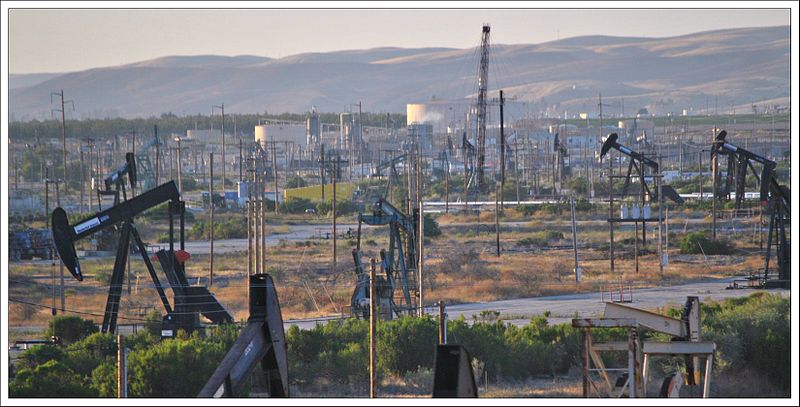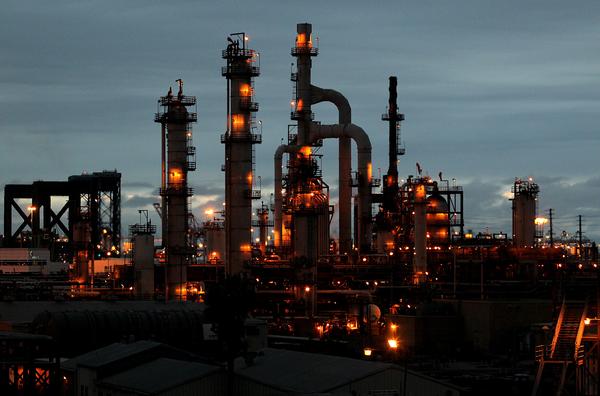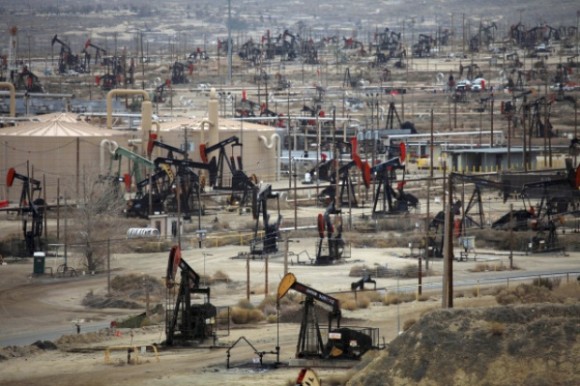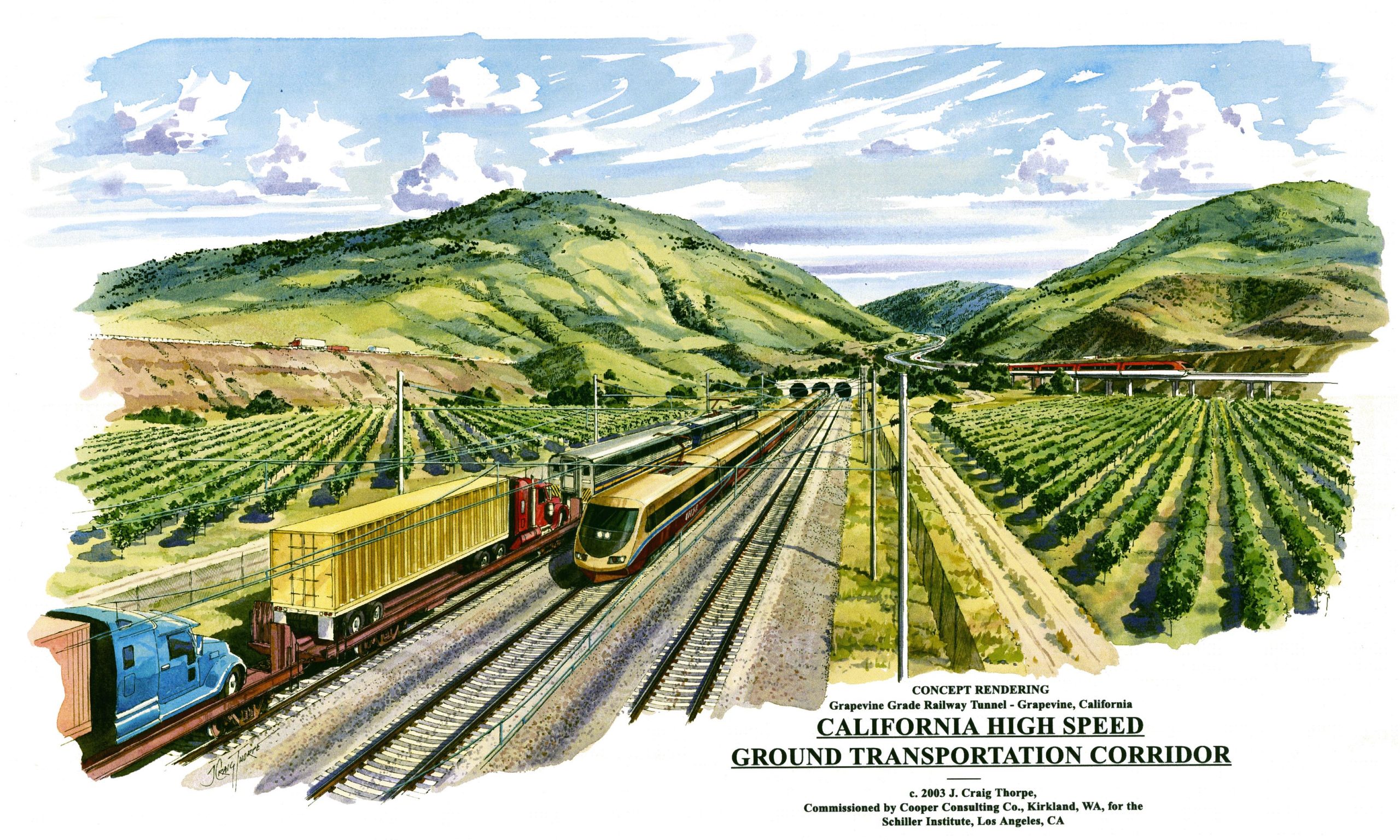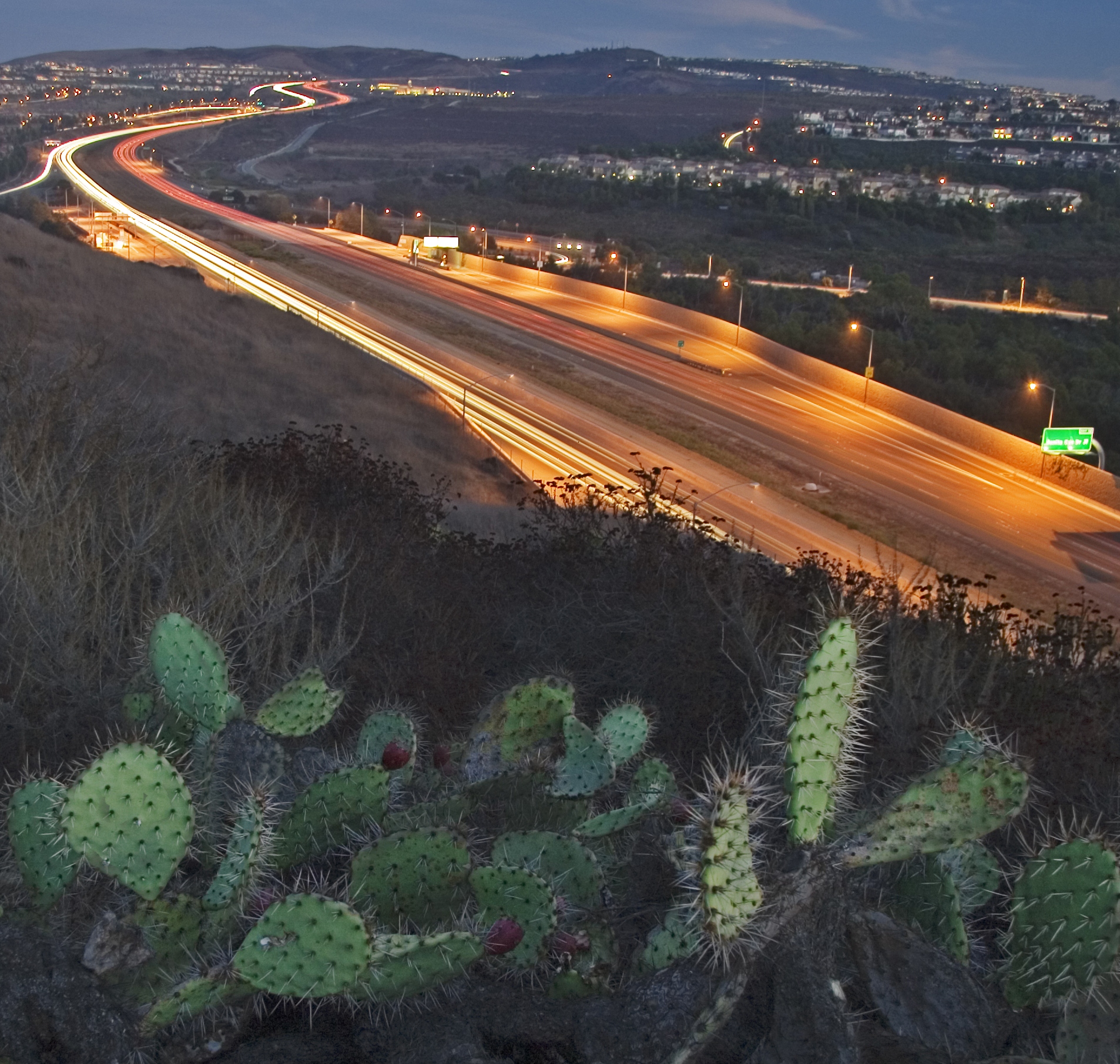The latest target of the unconventional oil craze is California hydraulic fracturing (fracking) the Monterey Shale in the central and southern parts of the state. With wildly optimistic predictions of an economic bonanza, the oil is carbon-intensive, requires massive amounts of fresh water, creates industrial pollution and seismic risk, and is impossible to regulate effectively because of significant scientific unknowns.
Tag: AB 32
Valero Moves to Ship Tar Sands By Rail into LA Harbor
Valero Energy seeks permits for large-scale shipments of low-quality tar sands oil via rail into their Port of Los Angeles refinery, without any public comment or environmental review. As part of a larger move to transport climate-disrupting unconventional crude to ports for refining and export to the world, it presents dangers given recent rail accidents, the corrosive nature of tar sands bitumen, and the significant pollution that surrounding communities already live with.
Lauren Steiner: Fracking Threatens California and How to Stop it
Despite what you’ve heard about natural gas being clean, fracking also contributes to climate change. Although the burning of the gas is clean, the process of fracking releases so much methane into the air, that if all the shale in California is fracked, it will delay the implementation of AB 32, California’s Global Warming Solutions Act, by 80 years.
California: Big Oil AstroTurf Subverts Clean Air and Fuel Standards
While the public demands protections for air, land, and water, the California oil industry uses front groups and spends millions on lobbying the legislature, gaining disproportionate influence in subverting pollution and fuel standards. Keeping the economy addicted to climate-fouling fossil fuels and reaping billions in profits, Big Oil claims to be a “victim” of excessive regulation. Stop Fooling California!
Morey Wolfson: Addressing Climate Change in a World of Denialism
Taking action on the proven science of climate change requires overcoming obfuscation from the fossil fuel polluters lobby in order to implement a policy of increased efficiency and conservation, coupled with a clean, renewable energy plan. A CO2 fee and dividend system could help level the relative cost of renewables, creating the political will to kick the fossil fuel habit.
Vision of Sustainable Mobility? High-Speed Rail Challenges California
Despite an eventual pricetag of $68 billion and numerous engineering, environmental and political challenges, the California bullet train offers a promising vision of sustainable mobility, posing less impacts and competitive costs than expanding airports and freeways.
Toll Lanes as Congestion Management: Mobility for the Wealthy Few
Converting freeway lanes to tollways in the name of congestion management, without viable transit alternatives, will only reduce mobility for the majority in exchange for wealthy drivers getting to work on time.

